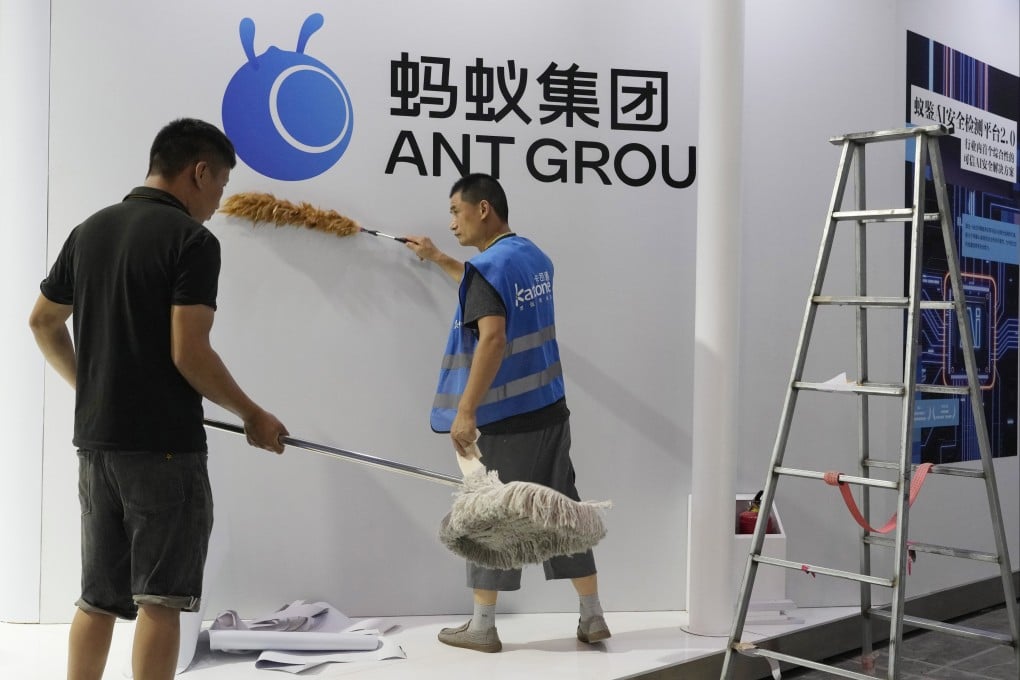Explainer | A timeline of China’s 32-month Big Tech crackdown that killed the world’s largest IPO and wiped out trillions in value
- Since Beijing quashed Ant Group’s IPO in November 2020, the upheaval in China’s tech sector has hit Alibaba, Tencent, Meituan and Didi
- A nearly US$1 billion fine levelled against Ant Group this month has been taken as a sign that the crackdown has finally come to an end

Chinese authorities initiated a regulatory storm against the country’s Big Tech firms in late 2020 out of concerns that the country’s major internet platforms were becoming too large and powerful.
Beijing’s discipline of the tech sector wiped out trillions of dollars in market value from Chinese tech companies, kneecapped one of the most dynamic sectors in the world’s second largest economy, and accelerated US-China decoupling. As a result, China’s large tech companies, which once rivalled their US counterparts in size, are now much smaller.
Here are the major milestones of China’s Big Tech crackdown that kicked off 32 months ago.
November 2020
China’s financial watchdogs rushed to bring Ant’s operations under the purview of conventional financial regulations, forcing the tech giant to undergo internal restructuring.